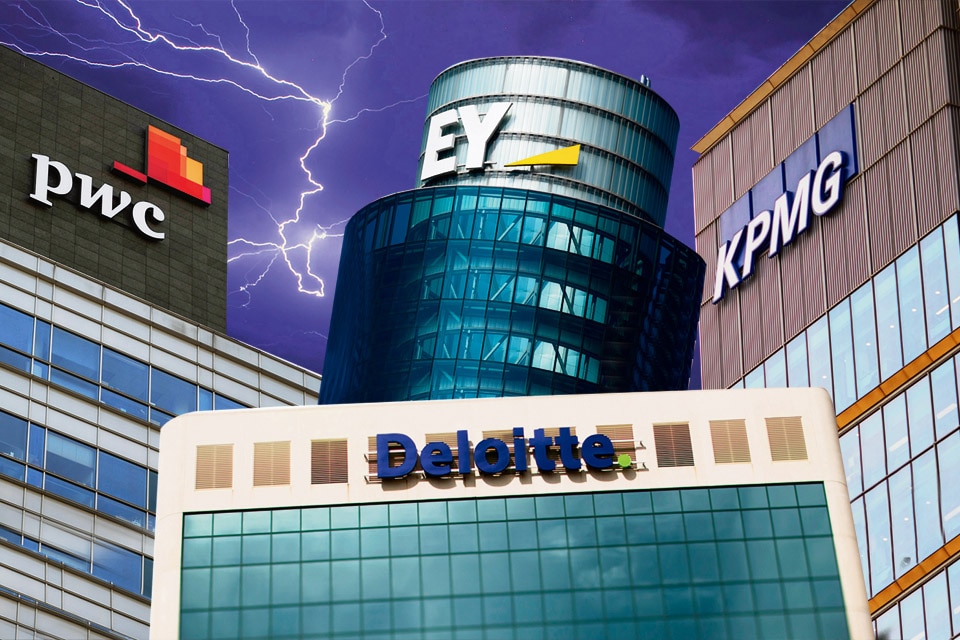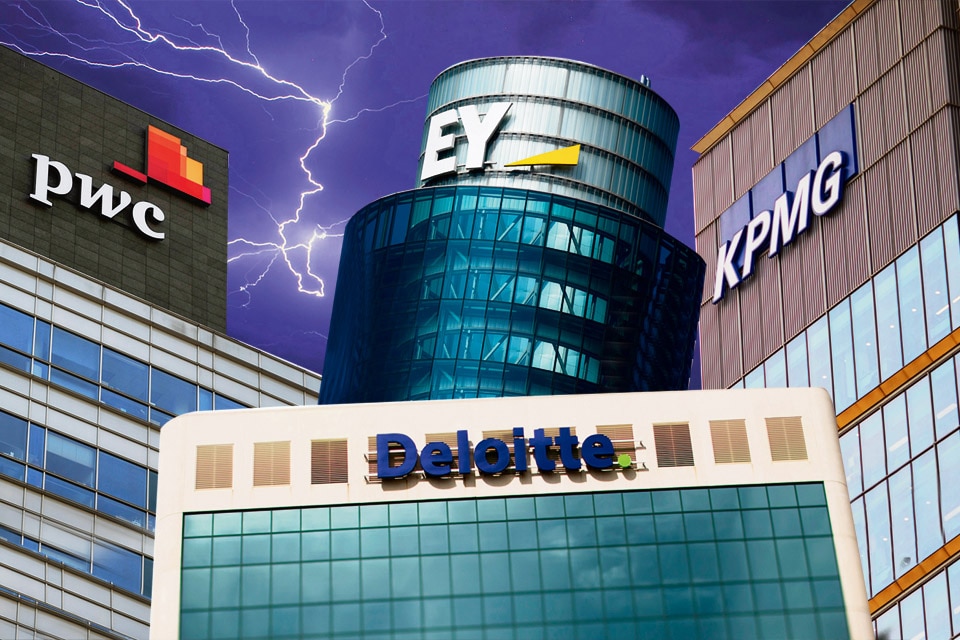Audit fees for London-listed firms skyrocketed by 75 per cent since 2017
Over the last five years there has been a significant increase in the fees paid by London-listed companies to auditing firms, due to the increase in both financial reporting requirements and auditing standards. According to a report by the Quoted Companies Alliance, its sample of 220 listed companies across the main market, AIM and Aquis, [...]


Over the last five years there has been a significant increase in the fees paid by London-listed companies to auditing firms, due to the increase in both financial reporting requirements and auditing standards.
According to a report by the Quoted Companies Alliance, its sample of 220 listed companies across the main market, AIM and Aquis, 183 companies witnessed an increase in audit costs.
The report highlighted that fees paid by companies increased by 75 per cent over five years, jumping from an average of £397,243 in 2017/18 to £694,083 in 2022/23.
Businesses listed on the main market have had its fees increase the most, as its average audit fee in 2017/18 was £732,508, this jumped to £1.3m over 2022/23.
According to a report in The Times, PwC earned $30.1m (£23.7m) from AstraZeneca last year, which included audit-related fees and other services. For Barclays’ audit fees last year, it paid to KPMG £78m and while Shell’s audit fees in 2022 saw the oil giant pay EY $69m (£54.4m). It was also noted that HSBC pays fees of $130m (£102m) a year to PwC.
The Quoted Companies Alliance report stated that one of the key factors attributed to heightened audit fees is the increase in both financial reporting requirements and auditing standards.
The accountancy watchdog, the Financial Reporting Council (FRC) levied record-level fines against auditors over 2022/23. It has promised to become more “forceful” after it was heavily criticised for the slow pace of its investigations.
Another reason for the increase, the report noted that companies that have market capitalisation below £500m (but with an average market capitalisation of just over £130m) are often perceived to be a higher level of risk. Due to the smaller nature of these companies the audit process of them can be more challenging.
Quoted Companies Alliance also pointed out the retaining talent in the audit industry which is “an acute problem”. The report stated that in order for the firms to compete in the market, they are having to pay higher salaries in order to attract and maintain talent, which results in increased costs.
Commenting on the report, James Ashton, chief executive of the Quoted Companies Alliance said: “Quality counts, undoubtedly, and the FRC has made driving up audit quality one of its key focuses for several years now – with notable success.”
“But that focus comes at a cost if it has inadvertently compromised many companies’ ability to invest, recruit, export and, broadly, compete. What is harder to measure but no less concerning is the availability of audit,” he added.



